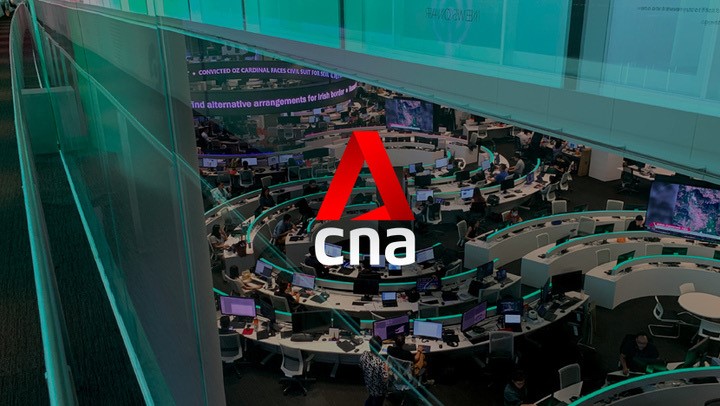WASHINGTON: A ransomware attack based on US information technology firm Kaseya has hit between 800 and 1,500 firms around the world, according to the company’s CEO (Jul 5). In an interview, Fred Voccola, the CEO of the Florida-based company, said it was difficult to determine the actual impact of Friday’s attack because those affected were mostly Kaseya clients.
Kaseya is a software company that provides software solutions to IT outsourcing agencies, which undertake back-office work for businesses that are too small or under-resourced to establish their own IT departments.
READ: A major ransomware attack on a US IT company prompts the shutdown of Swedish stores
On Friday, one of these programs was hacked, allowing the hackers to shut down hundreds of businesses across five continents.
Although the majority of those affected were small businesses, such as dentists’ offices or accountants, the disruption was felt most acutely in Sweden, where hundreds of supermarkets were forced to close due to malfunctioning cash registers, and New Zealand, where schools and kindergartens were shut down.
In private contacts with a cybersecurity expert and Reuters, the hackers who claimed responsibility for the attack sought US$70 million to recover all of the impacted organizations’ data, though they indicated a readiness to lower their demands.
“We are always willing to discuss,” a hacker spokesperson told Reuters early Monday. The person, who interacted with the hackers through a chat window on their website, did not give their identity. Voccola would not indicate whether he was willing to accept the hackers’ offer. When asked if his company would talk to or compensate the hackers, he said, “I can’t remark ‘yes,’ ‘no,’ or’maybe.'”
“I have no comment on any aspect of talking with terrorists.”
According to information published by cybersecurity firm ESET, the breach touched almost a dozen different countries.
The White House announced on Sunday that it was reaching out to epidemic victims “to give assistance based on an assessment of national risk.”/n


